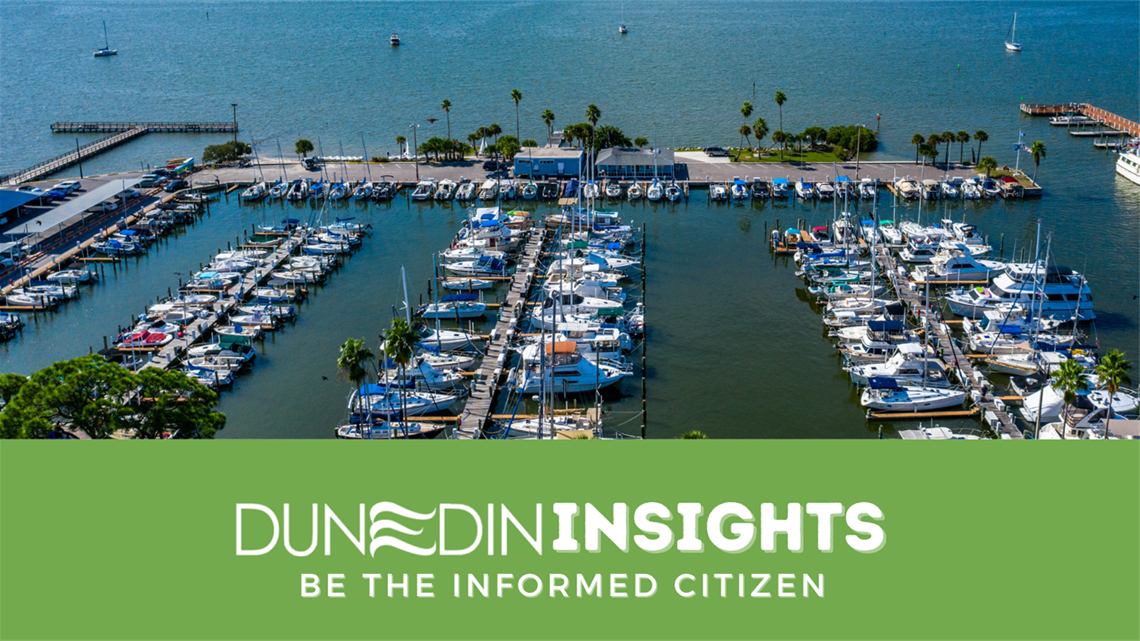National Safe Boating Week May 18 – 24, 2024
Published on May 23, 2024

Written by Tom Doyle, Ambassador - Special Operations Warrior Foundation
National Safe Boating Week reminds all boaters to brush up on boating safety skills. The Coast Guard Auxiliary can assist in ensuring that life jackets and safety equipment are present and in good working order.
At the forefront of safe boating education, the Coast Guard and Coast Guard Auxiliary are unwavering in their commitment to teaching boaters that the best boating experience is a safe day on the water.
In 2022, the Coast Guard counted 4,040 accidents involving 636 deaths, 2,222 injuries, and approximately $63 million in damage to property because of recreational boating accidents.
Where the cause of death was known, 75% of fatal boating accident victims drowned. Of those drowning victims with reported life jacket usage, 85% were not wearing a life jacket.
Alcohol use is the leading known contributing factor in fatal boating accidents, where the primary cause was known.
The Coast Guard Auxiliary offers boaters a courtesy boat safety check. It’s quick, easy, and free of charge. A qualified vessel examiner will come to you.
The items that are checked include:
- Personal Flotation Devices (life jackets)
- Fire Extinguishers
- Distress Signals (flares, horns, etc.)
- Navigation Lights
- Ventilation
- Battery Cover and Connections
- Registration and Numbering
To schedule a boat safety check, visit cgaux.org
The Coast Guard estimates that human error accounts for 70% of all boating accidents. 74% of deaths occurred on boats where the operator did not receive boating safety instructions. A lack of situational awareness can significantly increase boating accidents.
The Coast Guard Auxiliary offers in-person safe boating and navigation courses in Dunedin.
Safe Boating Tips
- Wear a life jacket and ensure everyone wears a properly fitted life jacket.
- Take a boating safety course.
- Check your safety equipment. Schedule a free vessel safety check with the Coast Guard Auxiliary (CGAUX.org)
- Make a Float Plan. Always let someone on shore know your itinerary, operator, and passenger information, boat type and registration, and communications equipment.
- Keep in touch. Have more than one communication device.
- Check the weather forecast before you leave the dock and check it often.
- Know what’s going on around you at all times. Nearly a quarter of all boating incidents were caused by operator inattention or improper lookout.
- Use an engine cut-off switch – it’s the law.
- Operate your boat at safe speeds. Be aware of local speed and no wake zones.
- Stay sober. Always designate a sober skipper.
For more information and to learn more about safe boating, visit https://www.dunedingov.com/Activities-and-Recreation/Parks-Recreation/Marina